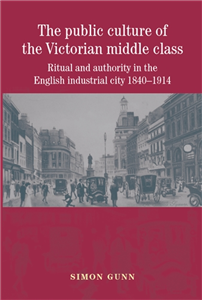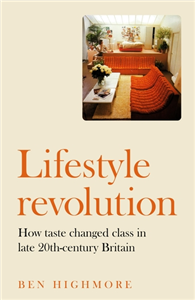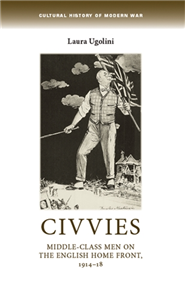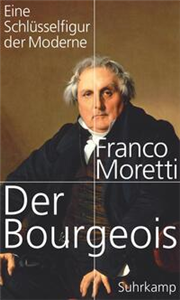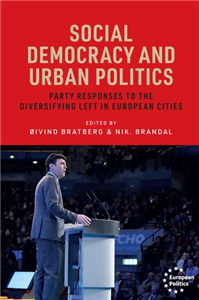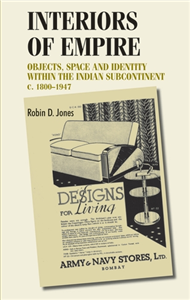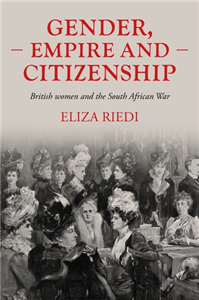Migration, immigration & emigration
April 2014
Lifestyle migration and the ongoing quest for a better way of life
The British in rural France, available at last in paperback, is a study of how lifestyle choices intersect with migration, and how this relationship frames and shapes post-migration lives. It presents a conceptual framework for understanding post-migration lives that incorporates culturally-specific imaginings, lived experiences, individual life histories and personal circumstances. Through an ethnographic lens incorporating in-depth interviews, participant observation, life and migration histories, this monograph reveals the complex process by which migrants negotiate and make meaningful their lives following migration. By promoting their own ideologies and lifestyle choices relative to those of others, British migrants in rural France reinforce their position as members of the British middle-class, but also take authorship of their lives in a way not possible before migration. This is evident in the pursuit of a better way of life that initially motivated migration and continues to characterise post-migration lives. As the book argues, this ongoing quest is both reflective of wider ideologies about living, particularly the desire for authentic living, and subtle processes of social distinction. In these respects The British in rural France provides a unique empirical example of the relationship between the pursuit of authenticity and middle-class identification practices. The book will be of interest to lifestyle migration and migration specialists, sociologists, social anthropologists, human geographers, scholars of tourism, as well as being accessible to individuals with a broader interest in this social phenomenon.





